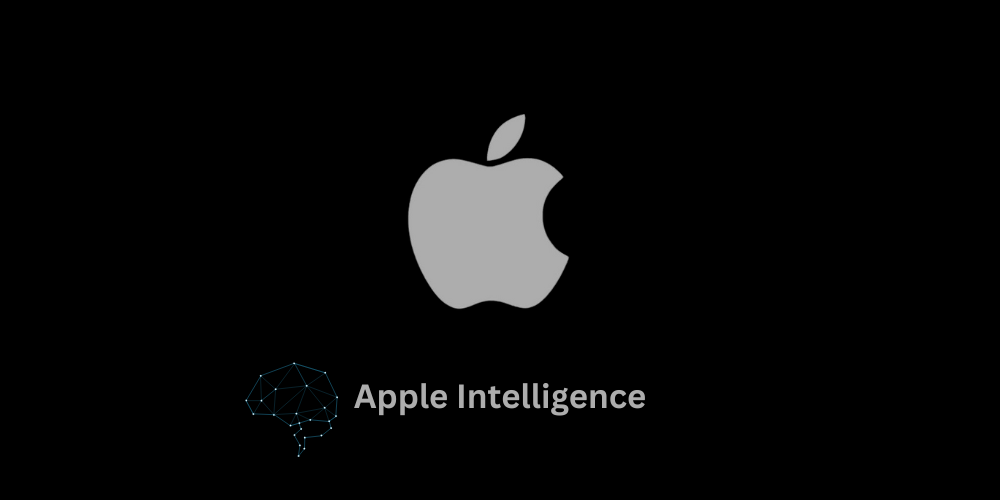Apple made a groundbreaking announcement on June 10 at the WWDC, unveiling the integration of artificial intelligence across all its products. The highlight of this revelation was the upcoming iOS 18, set to be released in September. This new innovation, a result of Apple’s strategic partnership with OpenAI, promises to transform Siri into a highly intelligent assistant that seamlessly integrates with iPhone applications, capable of handling complex tasks effortlessly.
Apple’s Emphasis on Security in AI Integration
One crucial aspect of Apple’s AI integration that has been overlooked is its focus on security. Apple aims to ensure that personal information remains within the user’s ecosystem, avoiding third-party cloud processing. Even with the partnership with OpenAI, Apple maintains a robust and private architecture designed to safeguard iPhone users’ data.
Apple’s commitment to security was evident in the past when CEO Tim Cook refused to unlock a terrorist’s iPhone for crucial information. This stance prioritized user trust over government pressure, highlighting Apple’s dedication to protecting personal and medical data. The incident underscored Apple’s unwavering commitment to user privacy and security.
In addition to its security-first approach, Apple introduced the new A17 Bionic chip in the iPhone 15, offering impressive single-core processing power that rivals desktop processors. This chip enables edge computing, allowing AI compute cycles to occur on the phone itself, giving users control over their data.
Siri’s Transformation with Apple Intelligence
Siri, often criticized for its limited capabilities, is set to undergo a significant transformation with Apple Intelligence. Powered by OpenAI’s advanced technology, Siri will be able to handle complex commands effortlessly, including multi-step instructions in both professional and personal settings.
With Siri’s enhanced capabilities, users can expect seamless interactions with various apps, enabling Siri to execute tasks that previously required manual effort. This level of integration will boost individual productivity and convenience, making Siri a valuable tool for busy professionals and multitaskers.
Enhancing iPhone Applications with Apple Intelligence
Apple Intelligence introduces features that allow real function calls within iPhone applications and draw from personal context. This enables Siri to interact with apps to perform tasks efficiently, enhancing user productivity and convenience.
Users can now rely on Siri to schedule meetings, create to-do lists, and even handle travel planning seamlessly. Siri’s integration with various applications streamlines processes and makes everyday activities more efficient.
Implications of Apple Intelligence
The introduction of Apple Intelligence not only enhances Siri’s functionality but also elevates the overall user experience. This strategic move positions Apple as a forward-thinking company focused on innovation and user satisfaction.
Businesses can leverage Apple Intelligence to streamline operations and improve efficiency, while educational sectors can enhance learning experiences for students. The implications of this integration extend beyond individual users, paving the way for more automated and intelligent processes.
Conclusion
The introduction of Apple Intelligence in iOS 18 marks a significant leap forward for Siri and the user experience. By leveraging OpenAI’s capabilities, Apple is poised to deliver a truly intelligent and indispensable tool that will redefine convenience and efficiency in the digital era.
As iOS 18 rolls out, users can expect a smarter, more responsive Siri that can handle complex tasks with ease, making daily activities more convenient and efficient. The integration of AI into everyday tasks heralds a new era where technology becomes a partner in our daily lives, enhancing user experiences and setting new standards for virtual assistants.


